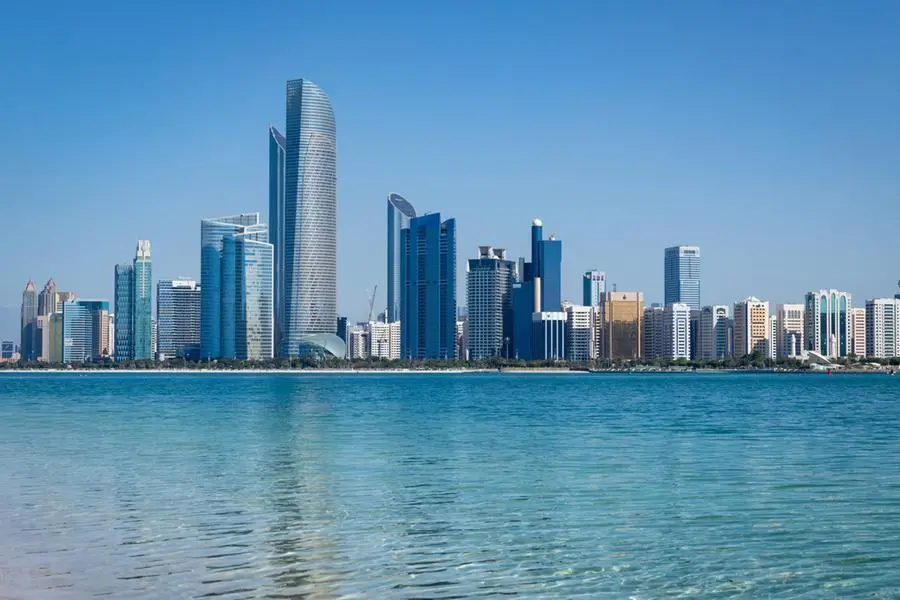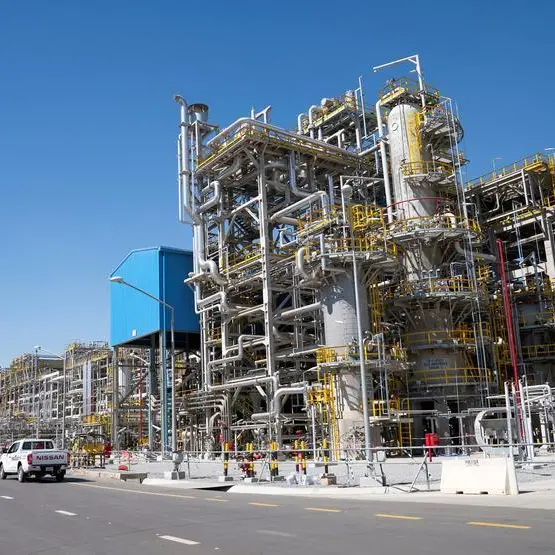PHOTO
Abu Dhabi’s Department of Energy announced that it aims to implement its Demand Side Management (DSM) regulations from 1 July 2023.
These regulations form a comprehensive framework for designing, implementing, and evaluating energy and water efficiency initiatives related to DSM, DoE said in a press statement.
Additionally, the new regulations will better allocate or rationalise investments in generation, transmission, and distribution infrastructure, in addition to reducing network losses, the statement noted.
As part of the planning phase, DoE will issue the DSM Plan Guidelines every year. These guidelines will highlight the key focus areas and priorities that need to be captured by relevant stockholders who shall develop and submit their DSM Plan to DoE for approval.
Ahmed Mohammed Al Rumaithi, DoE Undersecretary said the emirate’s energy consumption rates are expected to increase by 1.4 per cent each year until 2035.
“Latest forecasts from the Emirates Water and Electricity Company indicate that the demand for energy in Abu Dhabi will continue to grow rapidly until 2030, with an average growth rate of 5.4 percent annually. This is primarily due to the expected increase in the base load for the requirements of the manufacturing sector, which makes energy efficiency and rationalisation among the necessary solutions to address challenges related to energy security and climate change.”
Abu Dhabi’s DSM strategy, announced in 2019, aims to reduce electricity consumption by 22 per cent and water consumption by 32 per cent by 2030 with 2013 baseline through Building Retrofits, Demand Response, Efficient Water Use/ Re-use, Building Regulations, Street Lighting, District Cooling, Standards & Labels, Energy Storage, and Rebates & Behavioural Change.
The DSM strategy has so far helped in reducing 3.3 million metric tonnes of carbon emissions, which is equivalent to an economic benefit equivalent to AED 1.1 billion, as well as saving up to 6,500 GWh of electricity and 234 million cubic metres of water.
(Writing by SA Kader; Editing by Anoop Menon)





















